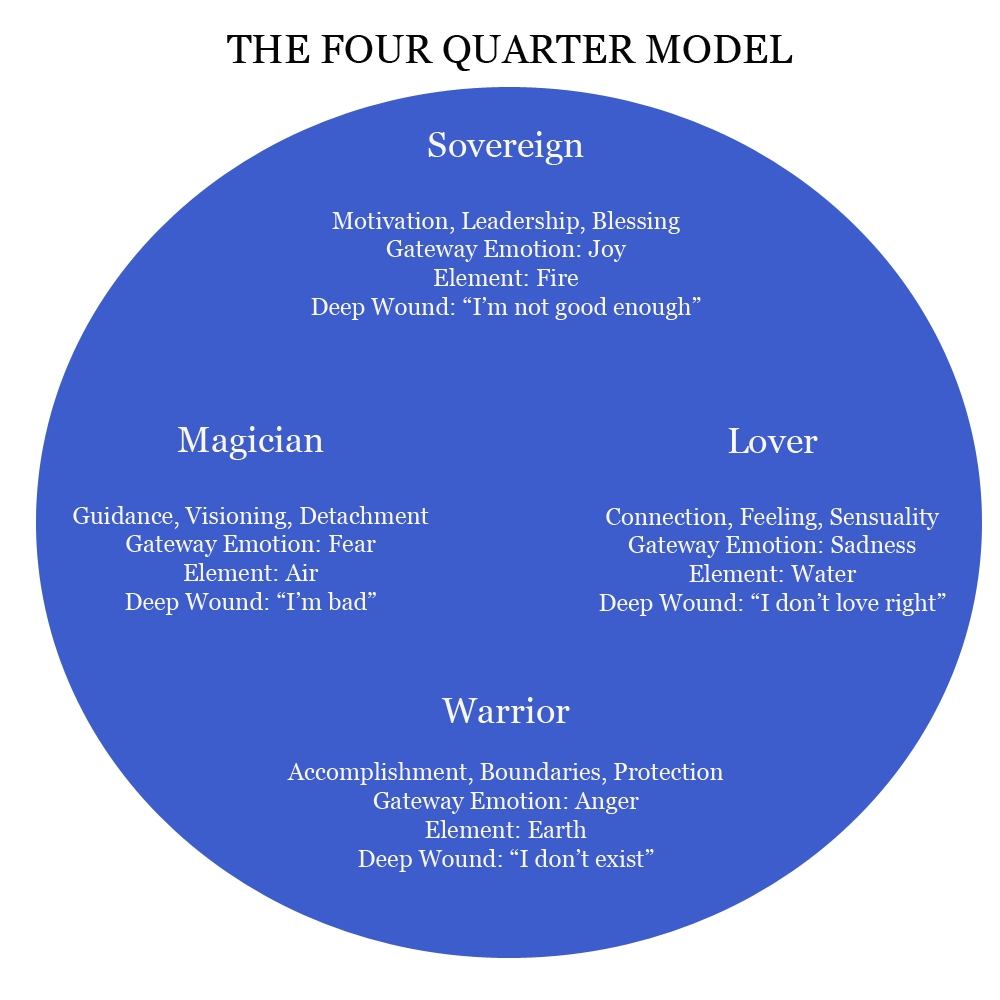The world celebrated the "Hahnemann Day" yesterday. Dr.Hahnemann made the discovery of Homoeopathy in Germany in 1810. He was a doctor in the western world who expected the doctor ( and all ) to be "the Unprejudiced Observer"- an observer who observes without any pre-judgement, without any preconceived notions, weighs the situation ( medical or otherwise), takes into account "Medicine of Experience" , thinks logically, has empathy and tries to "Heal the Sick".
Dr.N.L.Tiwari askes," What is prejudice? What is its link to perceiving? How is perceiving linked to perception? Are perceptual niceties and difficulties linked in any way with niceties and difficulties of perceiving? We will explore this at the outset.
Perception and Perceiving
The link between perception and perceiving, we can say, is observation. Let us observe the two pictures below and see what is revealed.
Picture 1
What do you see in Picture 1?
If we carefully observe it, we can see horses camouflaged in the background. There are 5 such horses that can be seen distinctly. All one needs is careful observation so that the details may not be missed, as the images may be inseparable from their background. With partial observation, one may miss the 4th or the 5th horse.
Picture 2 should now be easier to observe and comment upon.
Picture 2
What do you see now in Picture 2? Many people beautifully describe the picture as a romantic couple standing on the seashore near a weird shaped tree, probably very old. The couple is watching the sunset and admiring the mountains on the horizon. My son asked me whether I could see an infant in it. I searched but could not find it. Even the small stone lying near the couple was not it. My wife standing next to me could see the infant in no time, but it took me 24 hours to see the infant in the picture."
Picture 3
You will certainly look at this picture again..... Why?
Basic principles of homeopathy
The fundamental idea of homeopathy is the Similarity (or Similia) Principle: ‘Similia similibus curentur’ (‘Let like be cured by like’). This implies that substances capable of causing disorder in healthy subjects are used as medicines to treat similar patterns of disorder experienced by ill people. Hippocrates wrote of curing 'like with like' more than 2,000 years ago but it was formally systematized by Hahnemann. He viewed health as a dynamic process tending to maintain a state of optimum equilibrium. Homeopathic medicines are aimed to direct and stimulate the body’s self-regulatory mechanisms.
A second principle in homeopathy is individualization of treatment for the patient. The characteristics of the chosen medicine should be as similar as possible to the characteristics of the illness in the patient. This closest match is called the ‘simillimum’. Similarity may be at the ‘whole person’ level, taking into account the symptoms and signs of the disease, the patient’s physical build, personality, temperament and genetic predispositions. This high level of individualization is not always required: ‘similarity’ may be at a more specific, local level, especially in the treatment of acute conditions.
A third principle is the use of the minimum dose. The doses used in homeopathy range from those that are similar in concentration to some conventional medicines to very high dilutions containing no material trace of the starting substance – the latter are referred to as ‘ultra-molecular’ dilutions. Vigorous shaking of the solution together with impact or ‘elastic collision’ (known as succussion) during the manufacturing process is a key element in the production of homeopathic medicines.
Long Live Hahnemannian Thought !!














